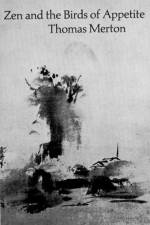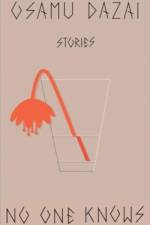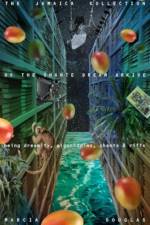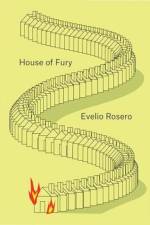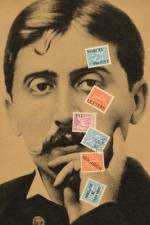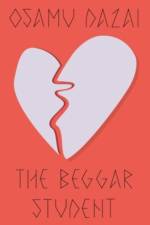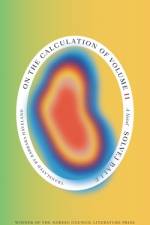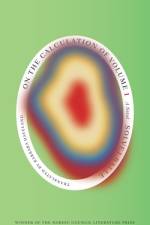av Solvej Balle
159,-
The first year of November eighteenth is coming to a close, and Tara Selter has returned to her hotel room in Paris, the place where it all began. As if perched at the edge of a precipice, she readies herself to leap into November nineteenth.Book II of Solvej Balle's astounding seven-part series On the Calculation of Volume beautifully expands on the speculative premise of Book I, drawing us further into the maze of time, where space yawns open, as if suddenly gaining a new dimension, extending into ever more fined-grained textures. Within this new reality, our senses and the tactility of things grows heightened: sounds, smells, sights, objects come suddenly alive, as if the world had begun whispering to us in a new language.And yet as the world announces itself anew, Tara's own sense of self is eroding, making her wonder just which bits of her are really left intact? "It is the Tara Selter with hopes and dreams who has fallen out of the picture, been thrown off the world, run over the edge, been poured out, carried off down the stream of eighteenths of November, lost, evaporated, swept out to sea." She begins to think of herself as a relic of the past, as something or someone leftover, similar to the little Roman coin she carries around in her pocket, without a purpose or a place.Desperate to recover a sense of herself within time, Tara decides to head north by train in search of winter, but soon she turns south in pursuit of spring, as she tries to grasp on to durational time through seasonal variations. Amazingly, On the Calculation of Volume Book II is all movement and motion--taking us through the European countries of the North and the South, through seasons, and languages--a beautiful travelogue that is also a love letter to our vanishing world. To be continued.

